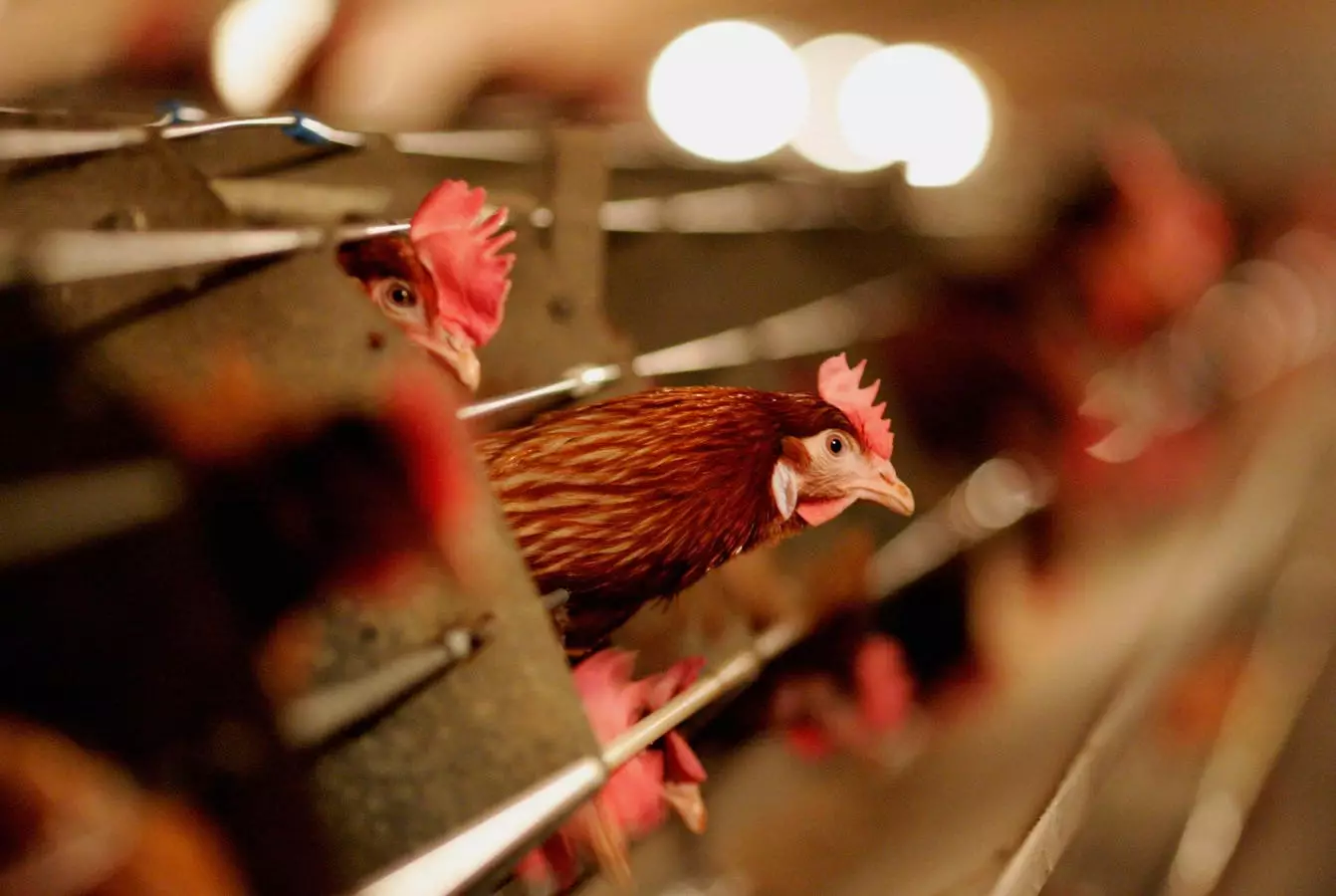The Covid-19 pandemic illuminated myriad vulnerabilities in global health systems, yet it also underscored critical lessons we must learn to mitigate future crises. Among these is the rising threat posed by avian flu, specifically the Highly Pathogenic Avian Influenza A (HPAI) H5N1 subtype. With nearly 150 million birds affected and alarming instances of the virus appearing in mammals, including humans, the potential for an outbreak escalating into a public health emergency is real and pressing.
Recent statistics reveal an unsettling trend: 2024 alone has recorded 102 human cases of avian flu, contributing to 10 deaths globally. This alarming mortality rate signals that complacency in the face of such an outbreak could have catastrophic consequences. As we learned with Covid-19, rapid and effective response mechanisms are essential to thwart potential health crises; however, the current measures to combat avian flu sharply diverge from this necessity.
Lessons Ignored from the Pandemic
As Dr. Amesh Adalja emphasizes, the tools to manage this looming crisis are available but not utilized effectively. Rather than strategizing a robust response grounded in scientific wisdom, recent U.S. policy moves have shown an alarming disregard for the insights gained from our most recent pandemic. The trajectory we’re on closely mirrors a path of negligence, where the importance of vaccination and public health investment is overshadowed by political agendas and miscommunication.
It’s fundamentally disconcerting to note the relaxation of initiatives that could counteract avian flu’s threat. The initial plan by Agriculture Secretary Brooke Rollins to allocate $100 million for research and vaccine development was abruptly countered by a proclamation that vaccines are “off the table.” This represents a gross misunderstanding of the relationship between public health and effective governance.
Political Turbulence and Public Health
The cancellation of essential agreements, such as the contract with Moderna to develop a human vaccine against avian flu, sends a dangerously mixed message about the priority given to public health. The recent firing of the entire CDC advisory committee on vaccine policies only exacerbates this confusion. Such actions seem to prioritize short-term political gains over the long-term health of the population, which is not only irresponsible but potentially disastrous.
History has shown that vaccines are our strongest line of defense against infectious diseases. For instance, encouraging news from studies on avian flu vaccines for cattle, as well as the conditional approval of a poultry vaccine by the U.S. Department of Agriculture, highlight progress that should be aggressively pursued rather than dismissed. Parallel efforts in countries like China and France, which routinely vaccinate their poultry, further demonstrate the efficacy of vaccination as a preventive measure.
Call for Scientific Stewardship
It is imperative that we embrace scientific stewardship over political decision-making in managing public health threats. Suggestions made by political figures, such as allowing the virus to “run through flocks” to identify resistant birds, evince a reckless disregard for the potential gene mutations that could arise. This approach not only risks avian populations but perilously exposes humans to variants capable of cross-species transmission.
As Dr. Adalja succinctly pointed out, the past year’s response to emerging health challenges signifies a profound failure of preparedness. This is not merely an administrative oversight; it is a sensitive matter that touches on the very fabric of community health. Given the experience of Covid-19, we should recognize the alarming consequences of underestimating viral threats.
The Need for Global Collaboration
In contrast, international bodies like the World Health Organization (WHO) have made strides towards fostering global solidarity in health. Their commitment to monitoring influenza viruses and the approval of a cooperative agreement aimed at improving outbreak response demonstrates a proactive approach that must become the norm, rather than the exception. Yet, withdrawal from such agreements is counterproductive and puts collective health efforts at jeopardy.
Viruses are democratizing forces—they do not respect geopolitical boundaries. As seen with Covid-19, national politics must never take precedence over the health challenges that transcend borders. Collective and cooperative measures should remain a top priority across governments. Moving towards a better-informed strategy to combat emerging diseases requires not only listening to health experts but also acting on their recommendations.
The inevitable truth is that the looming avian flu threat is a wake-up call we cannot ignore. If we continue down the path of complacency and denial, we will undoubtedly face far graver consequences than we imagine. Now, more than ever, it’s our collective responsibility to advocate for and implement viable public health strategies, prioritizing human well-being above all else.


Leave a Reply